

| Cruise Region : Northern Europe, Mediterranean Sea |
| Company : The Ritz-Carlton Yacht Collection |
| Ship : EVRIMA |
| Journey Start : շբթ 20 հնս 2026 |
| Journey End : երկ 29 հնս 2026 |
| Count Nights : 9 nights |
| Day | Date | Port | Arrival | Departure |
|---|---|---|---|---|
| 1 | 20.06 շբթ | Լիսաբոն / Portugal | 18:00 | |
| 2 | 21.06 կիր | Պորտու / Portugal | 08:00 | 21:00 |
| 3 | 22.06 երկ | Լա Կորունյա / Spain | 12:00 | 21:00 |
| 4 | 23.06 երք | Օր ծովում / Sea | ||
| 5 | 24.06 չրք | Բորդո / France | 06:45 | |
| 6 | 25.06 հնգ | Բորդո / France | 19:00 | |
| 7 | 26.06 ուր | Օր ծովում / Sea | ||
| 8 | 27.06 շբթ | Պլիմութ / Great Britain | 07:00 | 15:00 |
| 9 | 28.06 կիր | Կոբհ / Ireland | 09:00 | 17:00 |
| 10 | 29.06 երկ | Դուբլին / Ireland | 07:00 |
THE RITZ-CARLTON YACHT COLLECTION ALL-INCLUSIVE EXPERIENCE
Whether yachting through mesmerizing waters in a luxury Northern Europe and Baltic cruise, relaxing in the warm waters of the Caribbean through a luxury Caribbean cruise, or taking a crossing voyage, amenities should be your last worry while voyaging with The Ritz-Carlton Yacht Collection. All guests aboard our bespoke yacht collection can enjoy a variety of world-class features as part of their all-inclusive cruise fare, regardless of suite type or voyage duration.
YOUR ALL-INCLUSIVE FARE INCLUDES:
• Oceanview accommodations, each with private terrace overlooking the ocean
• Onboard gratuities
• Multiple dining venues
• 24-hour in-suite dining
• Beverages in-suite and throughout the yacht
• Onboard entertainment and enrichment
• Premium Wi-Fi, supporting browsing, social media, streaming services, video calls and VPN services.
• Marina-style platform with access to non-motorized watersports while at anchor
CRUISE CANCELLATIONS:
Cruise cancellation requests received within 150 days of the Sailing Date will be subject to the following cancellation fees:
150 to 121 days prior to Sailing Date a cancellation fee equal to 25% of the Cruise Fare
120 to 91 days prior to Sailing Date a cancellation fee equal to 50% of the Cruise Fare
90 to 61 days prior to Sailing Date a cancellation fee equal to 75% of the Cruise Fare
60 or less prior to Sailing Date a cancellation fee equal to 100% of the Cruise Fare
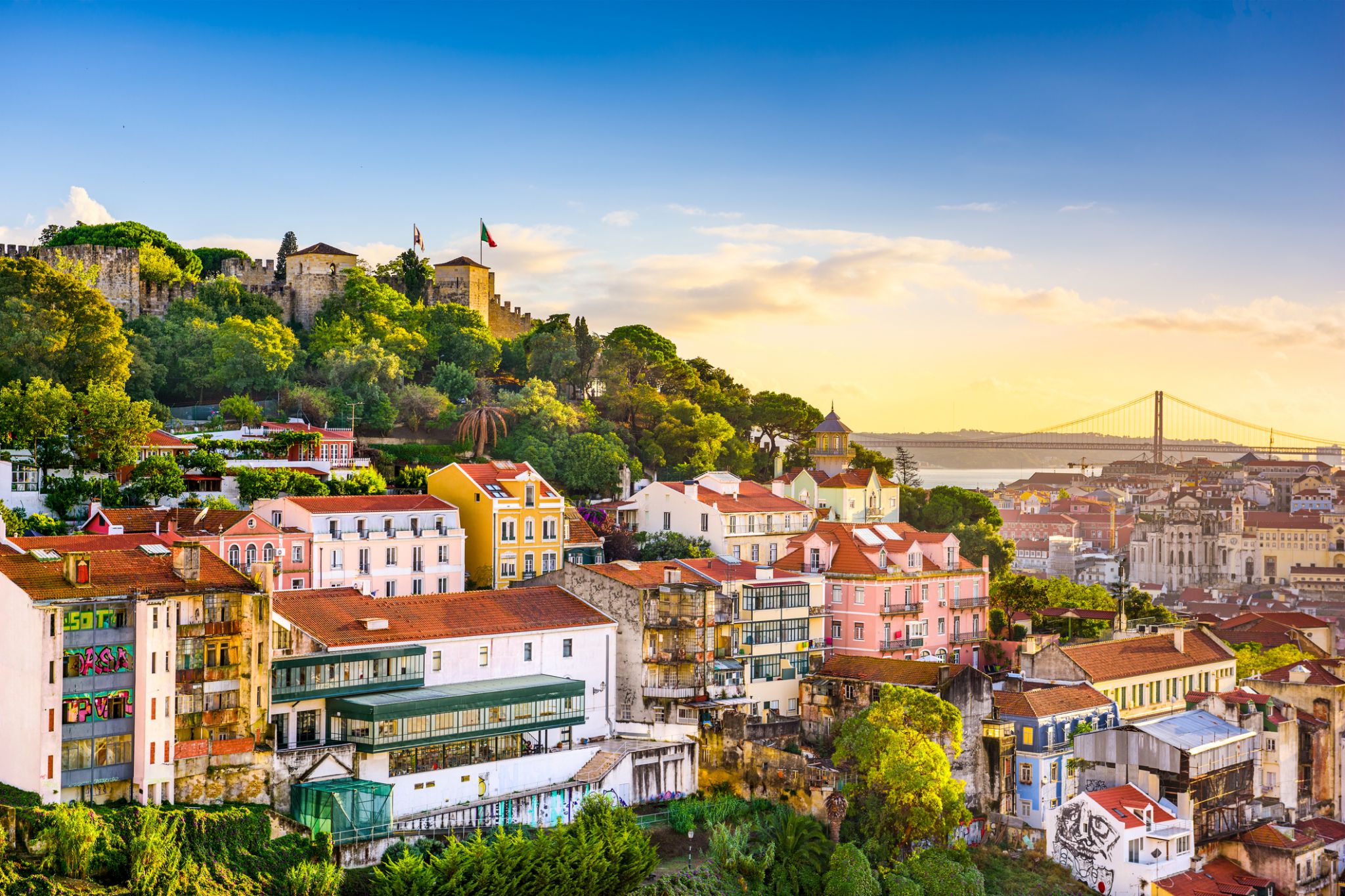
Lisbon is the capital and the largest city of Portugal, with an estimated population of 505,526 within its administrative limits in an area of 100.05 km2. Its urban area extends beyond the city's administrative limits with a population of around 2.8 million people, being the 11th-most populous urban area in the European Union. About 3 million people live in the Lisbon Metropolitan Area (which represents approximately 27% of the country's population). It is mainland Europe's westernmost capital city and the only one along the Atlantic coast. Lisbon lies in the western Iberian Peninsula on the Atlantic Ocean and the River Tagus. The westernmost areas of its metro area form the westernmost point of Continental Europe, which is known as Cabo da Roca, located in the Sintra Mountains.
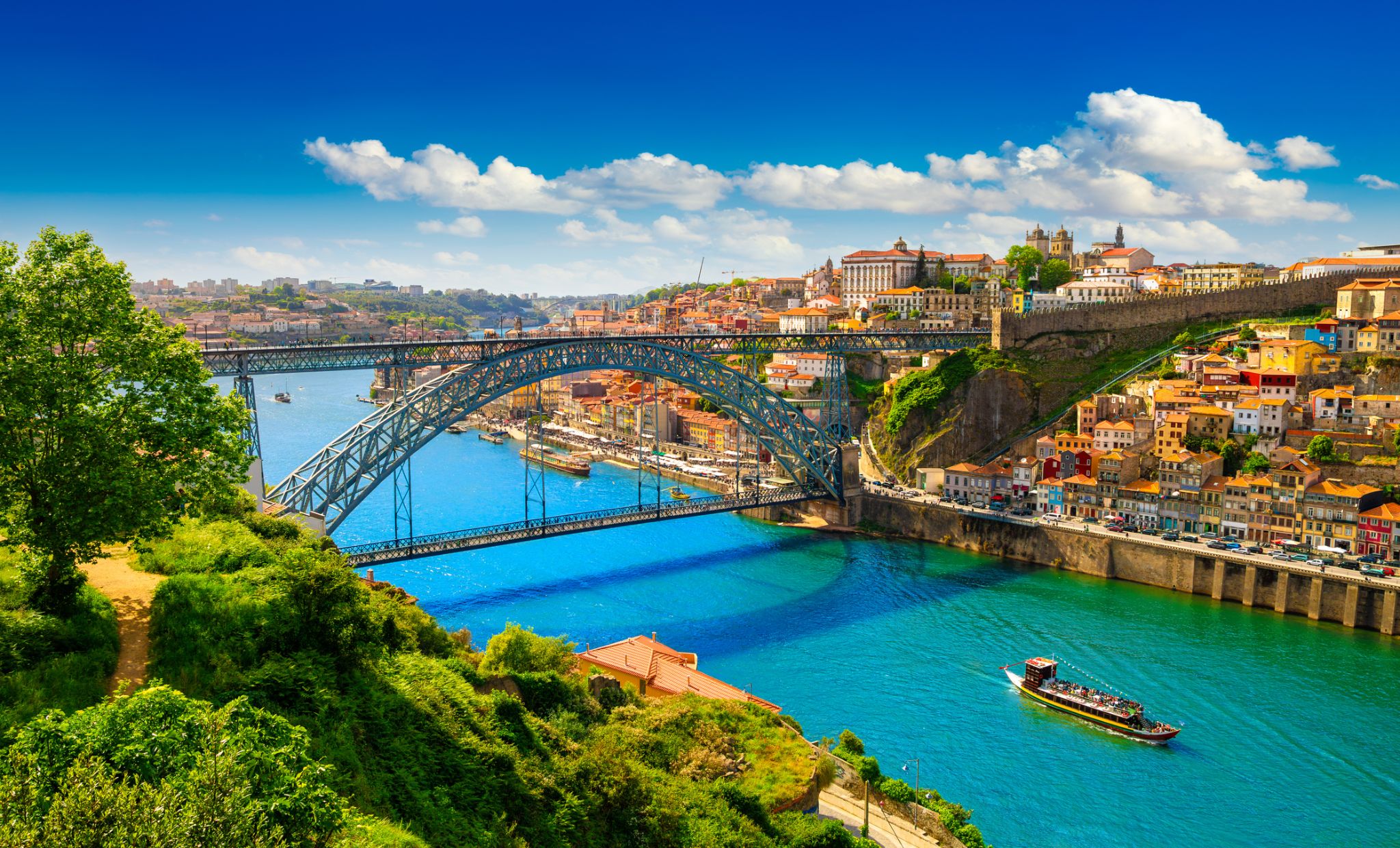
Порту является вторым по величине городом Португалии после Лиссабона и одним из крупных городских районов Пиренейского полуострова. Население самого города составляет 237 591 человек, а в столичном районе Порту, который выходит за административные пределы города, проживает 1,9 миллиона человек (2011 год) на площади 2 395 км2 (925 кв. Миль), что делает его вторым самый большой городской район в Португалии. Он признан глобальным городом гамма-уровня Исследовательской группой по глобализации и глобальным городам (GaWC), единственным португальским городом, кроме Лиссабона, который был признан глобальным городом.
Расположенный вдоль устья реки Дору на севере Португалии, Порту является одним из старейших европейских центров, и его историческое ядро было объявлено ЮНЕСКО объектом Всемирного наследия в 1996 году. Западная часть его городской территории простирается до береговой линии Атлантического океана. Его поселение датируется много веков, когда он был форпостом Римской империи. Его объединенное кельтско-латинское имя, Portus Cale, было названо происхождением названия «Португалия», основанного на транслитерации и устной эволюции от латыни. На португальском языке название города пишется с определенной статьей о Порту ; следовательно, его английское название произошло от неправильного толкования устного произношения и упоминается как Опорто в современной литературе и многими ораторами.
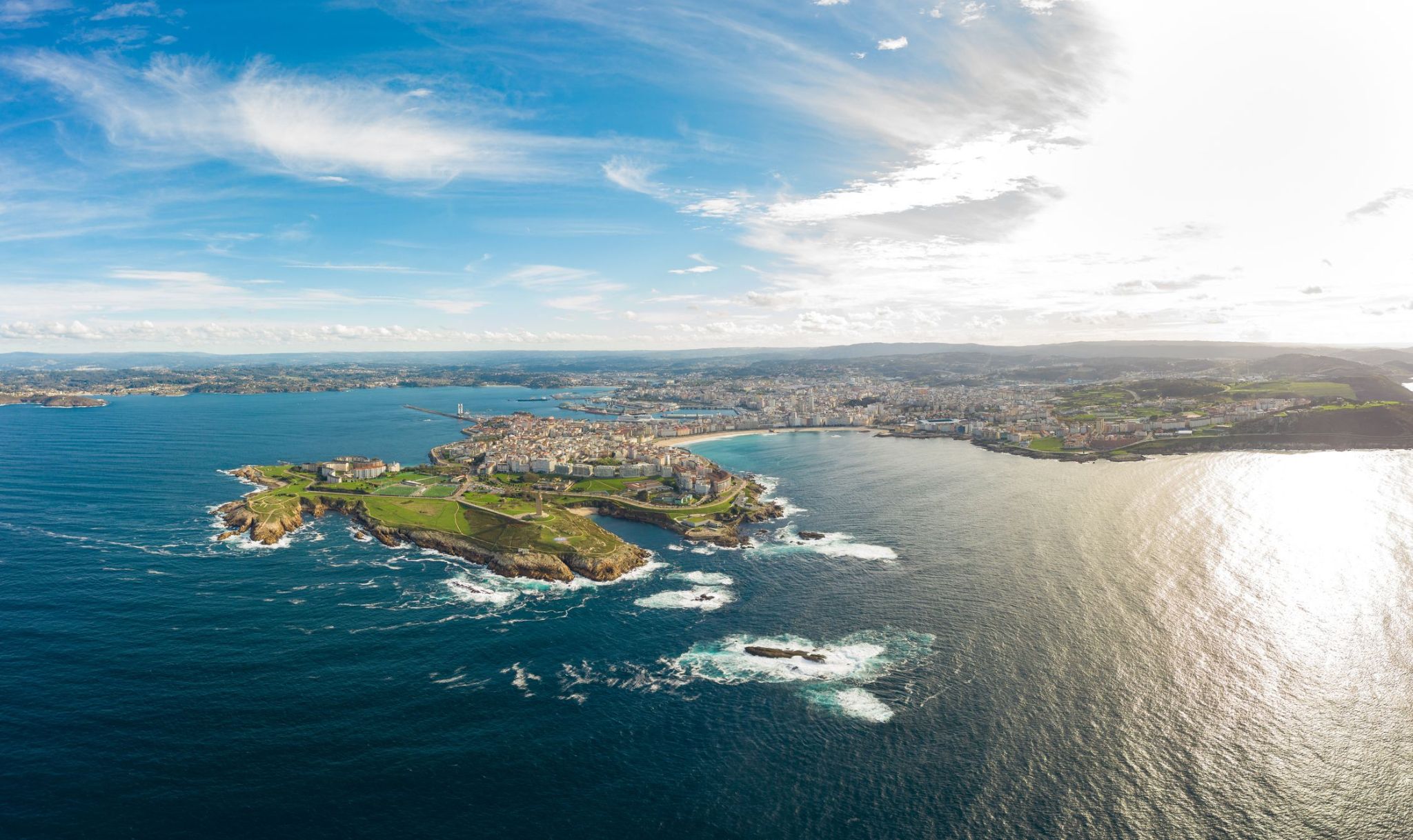
Ճանապարհորդները Լա Կորունյա-ում գտնում են իդեալական վայր Իսպանիայի Ատլանտյան ափի մթնոլորտը զգալու համար, որտեղ ժամանակակից ծովափնյա պոմենադները միախառնվում են պատմական հուշարձանների և հարմարավետ լողափերի հետ։ Քաղաքը հայտնի է աշխարհի ամենահին գործող հռոմեական փարոսով՝ Հերակլեսի աշտարակով, որը կառուցվել է գրեթե 2000 տարի առաջ և մինչ օրս նավերին ուղի է ցույց տալիս։ Այստեղ կարելի է զբոսնել Եվրոպայի ամենաերկար ծովափնյա պոմենադներից մեկով՝ վայելելով օվկիանոսի տեսարանը և թարմ օդը։
Լա Կորունյա-ում հյուրերին սպասում է Գալիսիայի հարուստ գաստրոնոմիական մշակույթը՝ ծովամթերքով, որոնք մատուցվում են ինչպես ավանդական տապաս-բարերում, այնպես էլ ժամանակակից ռեստորաններում։ Տեղական շուկաները հիացնում են թարմ արտադրանքով, իսկ քաղաքի մշակութային կյանքը լցված է փառատոններով, ցուցահանդեսներով և կենդանի փողոցային երաժշտությամբ։ Այս վայրը հյուրերին կտա պատմական խորության, ծովափնյա տեսարանների և ջերմ իսպանական մթնոլորտի յուրահատուկ համադրություն, թողնելով թեթևության և ոգեշնչման զգացում ուղևորությունից հետո։
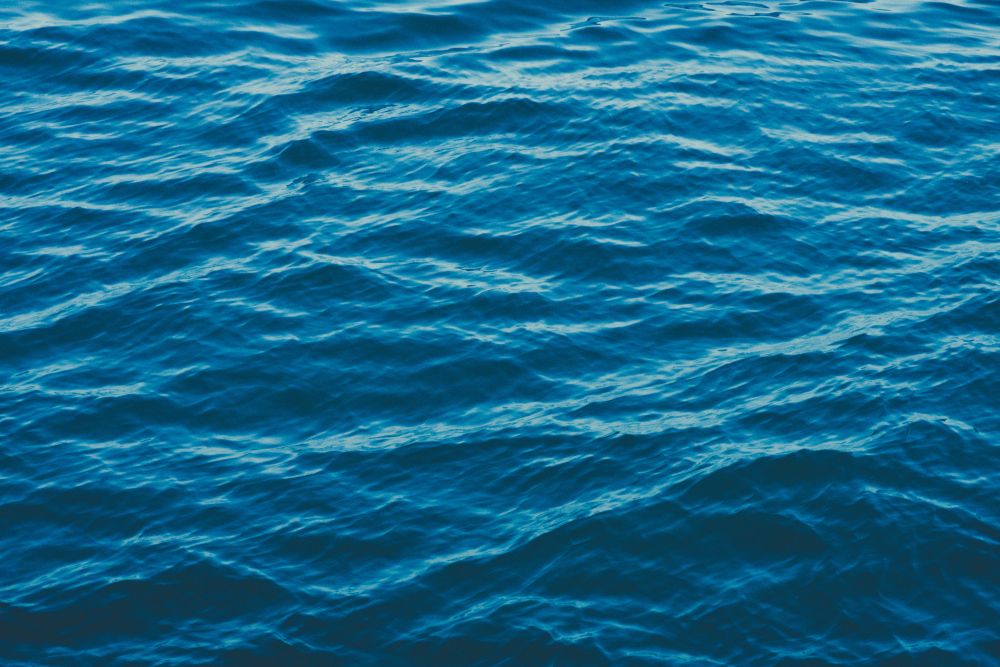
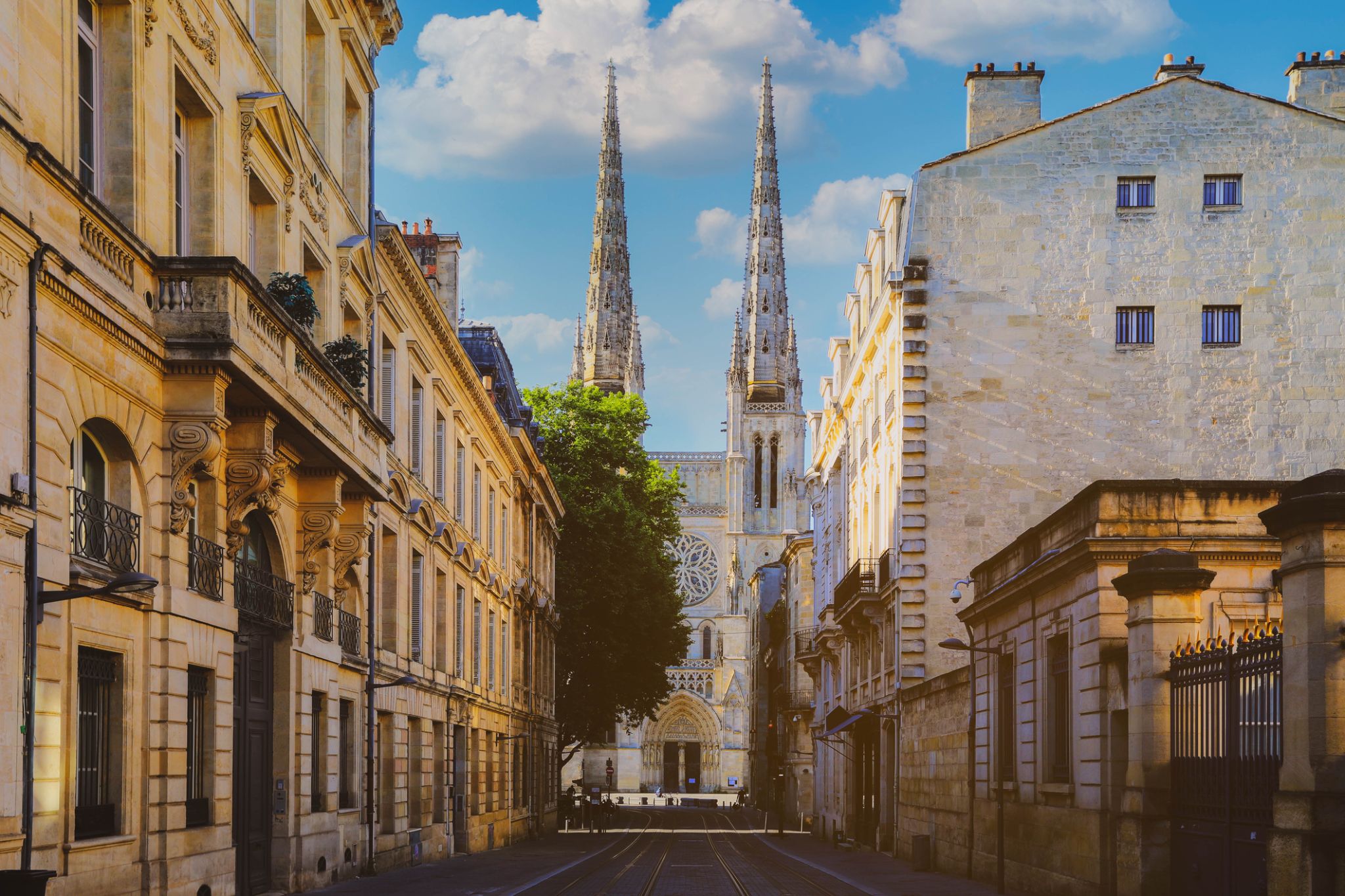
Bordeaux is a port city on the Garonne in the Gironde department in Southwestern France.
The municipality (commune) of Bordeaux proper has a population of 246,586 (2014). Together with its suburbs and satellite towns, Bordeaux is the centre of the Bordeaux Métropole. With 1,195,335 in the metropolitan area, it is the sixth-largest in France, after Paris, Marseille, Lyon, Toulouse, and Lille. It is the capital of the Nouvelle-Aquitaineregion, as well as the prefecture of the Gironde department. Its inhabitants are called "Bordelais" (for men) or "Bordelaises" (women). The term "Bordelais" may also refer to the city and its surrounding region.
Being at the center of a major wine-growing and wine-producing region, Bordeaux remains a prominent powerhouse and exercises significant influence on the world wine industry although no wine production is conducted within the city limits. It is home to the world's main wine fair, Vinexpo, and the wine economy in the metro area takes in 14.5 billion euros each year. Bordeaux wine has been produced in the region since the 8th century. The historic part of the city is on the UNESCO World Heritage List as "an outstanding urban and architectural ensemble" of the 18th century.[7] After Paris, Bordeaux has the highest number of preserved historical buildings of any city in France.

Bordeaux is a port city on the Garonne in the Gironde department in Southwestern France.
The municipality (commune) of Bordeaux proper has a population of 246,586 (2014). Together with its suburbs and satellite towns, Bordeaux is the centre of the Bordeaux Métropole. With 1,195,335 in the metropolitan area, it is the sixth-largest in France, after Paris, Marseille, Lyon, Toulouse, and Lille. It is the capital of the Nouvelle-Aquitaineregion, as well as the prefecture of the Gironde department. Its inhabitants are called "Bordelais" (for men) or "Bordelaises" (women). The term "Bordelais" may also refer to the city and its surrounding region.
Being at the center of a major wine-growing and wine-producing region, Bordeaux remains a prominent powerhouse and exercises significant influence on the world wine industry although no wine production is conducted within the city limits. It is home to the world's main wine fair, Vinexpo, and the wine economy in the metro area takes in 14.5 billion euros each year. Bordeaux wine has been produced in the region since the 8th century. The historic part of the city is on the UNESCO World Heritage List as "an outstanding urban and architectural ensemble" of the 18th century.[7] After Paris, Bordeaux has the highest number of preserved historical buildings of any city in France.

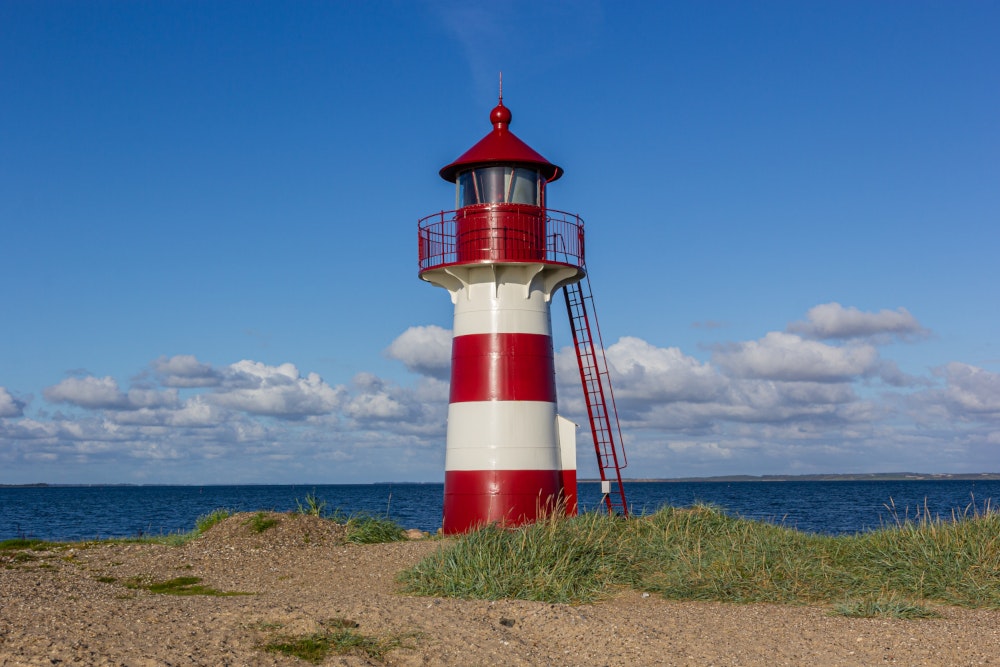
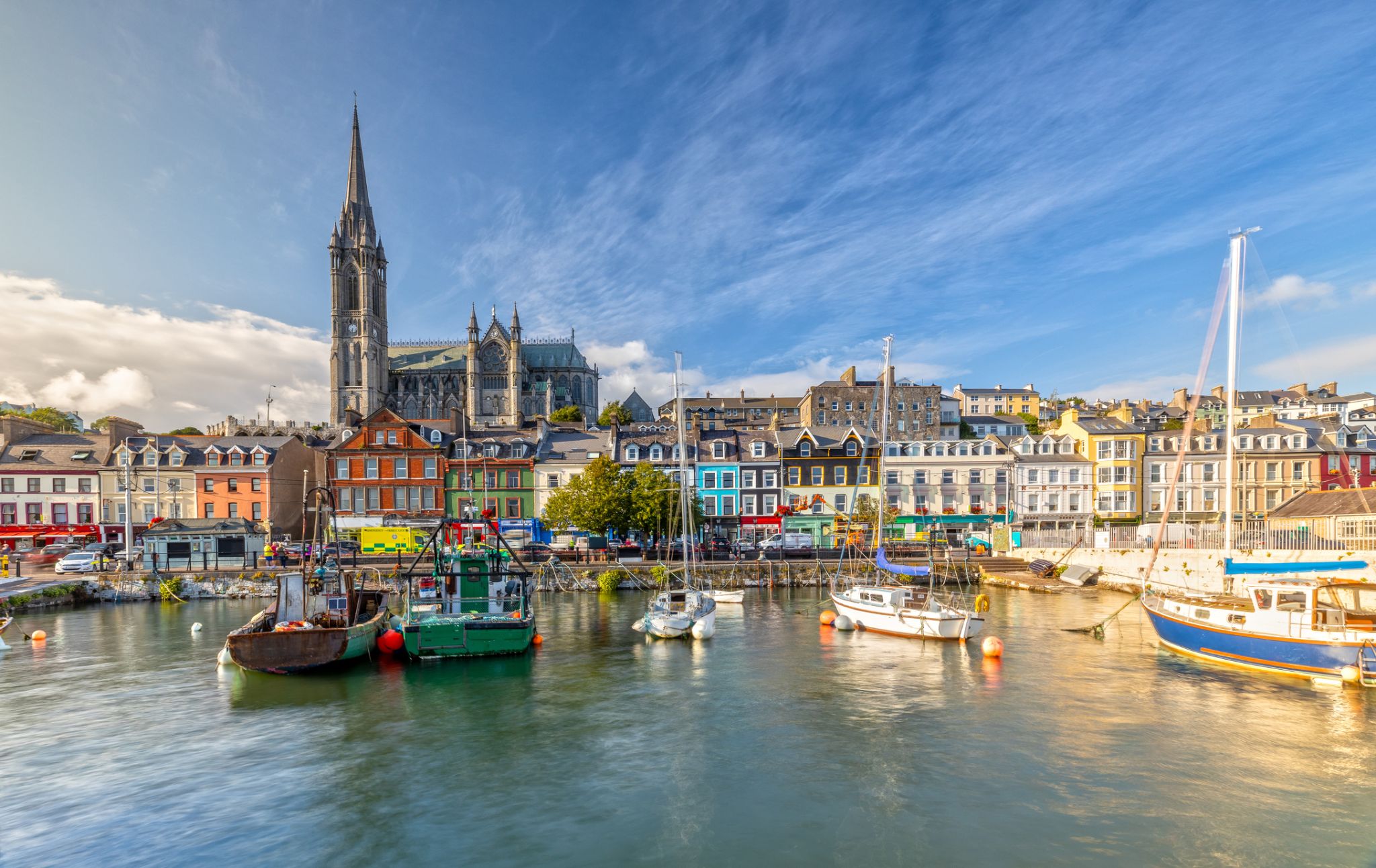
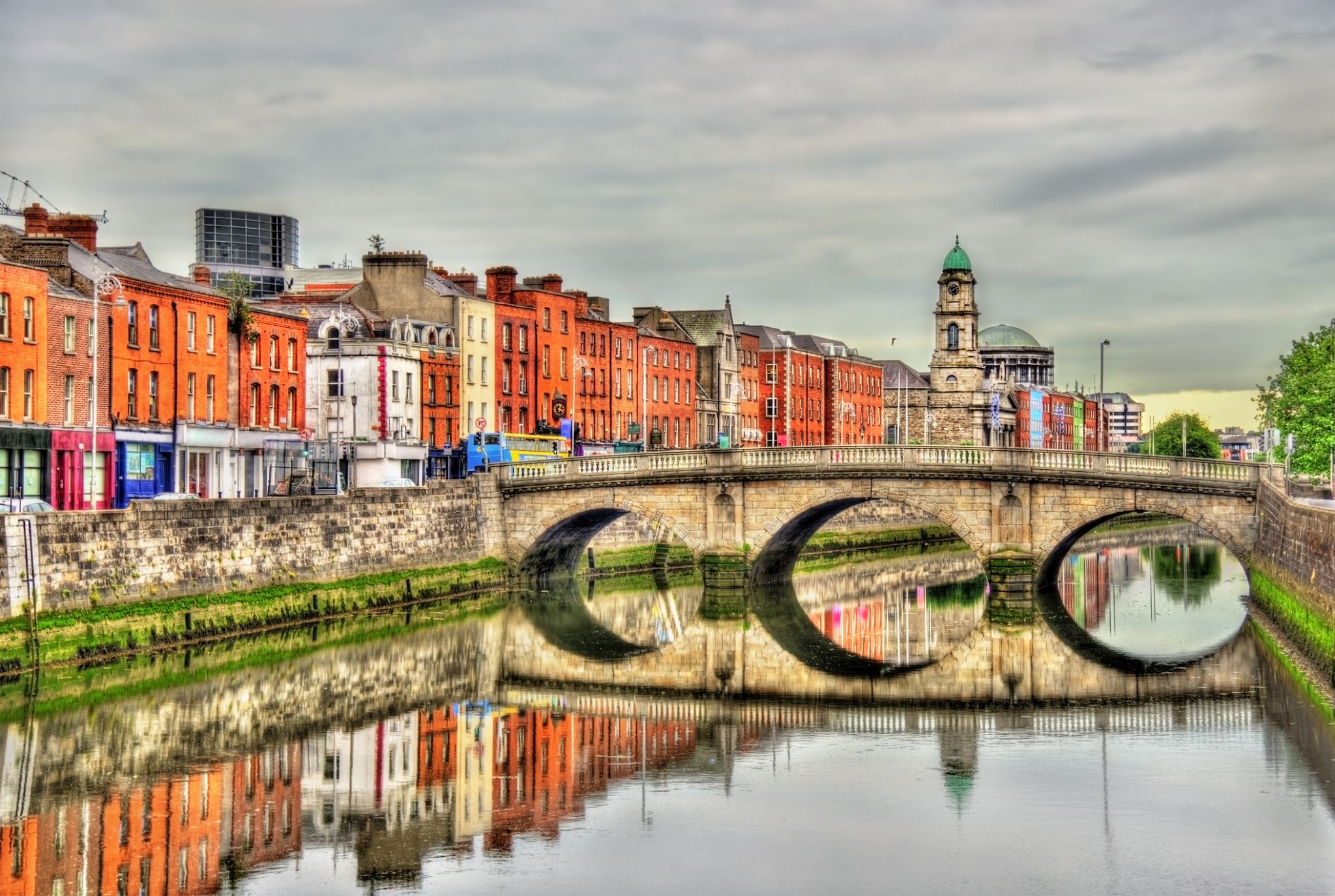
Dublin is the capital of, and largest city in, Ireland. It is on the east coast of Ireland, in the province of Leinster, at the mouth of the River Liffey, and is bordered on the south by the Wicklow mountains. It has an urban area population of 1,173,179, while the population of the Dublin Region (formerly County Dublin), as of 2016, was 1,347,359, and the population of the Greater Dublin area was 1,904,806.
There is archaeological debate regarding precisely where Dublin was established by Celtic-speaking people in the 7th century AD. Later expanded as a Viking settlement, the Kingdom of Dublin, the city became Ireland's principal settlement following the Norman invasion. The city expanded rapidly from the 17th century and was briefly the second largest city in the British Empire before the Acts of Union in 1800. Following the partition of Ireland in 1922, Dublin became the capital of the Irish Free State, later renamed Ireland.
Dublin is a historical and contemporary centre for education, the arts, administration and industry. As of 2018 the city was listed by the Globalization and World Cities Research Network (GaWC) as a global city, with a ranking of "Alpha -", which places it amongst the top thirty cities in the world.